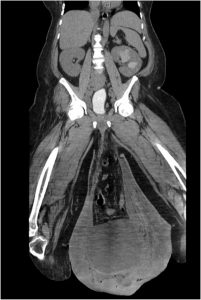Ten years ago today, the Lancet issued a formal retraction of Andrew Wakefield’s notorious bogus paper claiming a link between MMR vaccinations and autism. The paper was wrong, it was shoddily done, and the work hasn’t been replicated.
Mr. Wakefield, you are the worst thing to happen to public health since the bubonic plague.
Maybe worse, since at least that wasn't intentional.
Happy Retraction Day! #VaccinesWork #VaccinesSaveLives #publichealth #medtwitter pic.twitter.com/0RrkSGtEy2
— Rachel Alter, MPH CPH (@RachelAlter007) February 2, 2020
Ever since, Wakefield has been living in shame, no one treats him as an authority anymore, and of course no one would claim that vaccines cause autism anymore.


